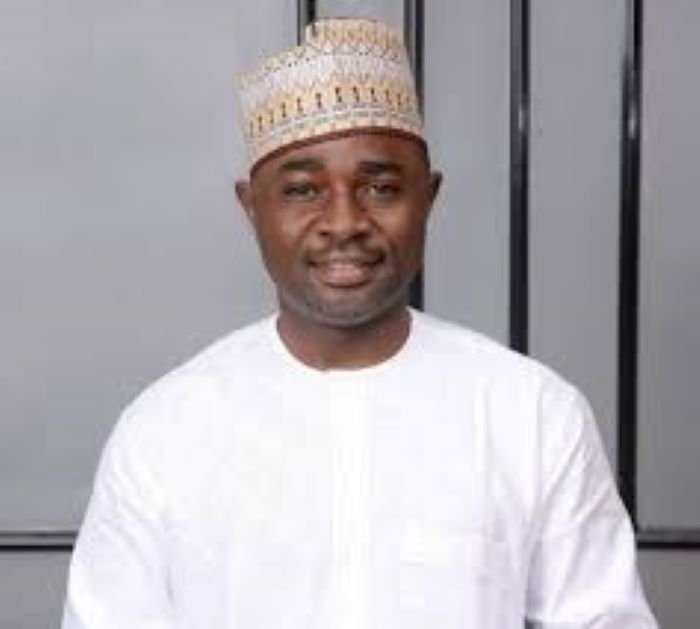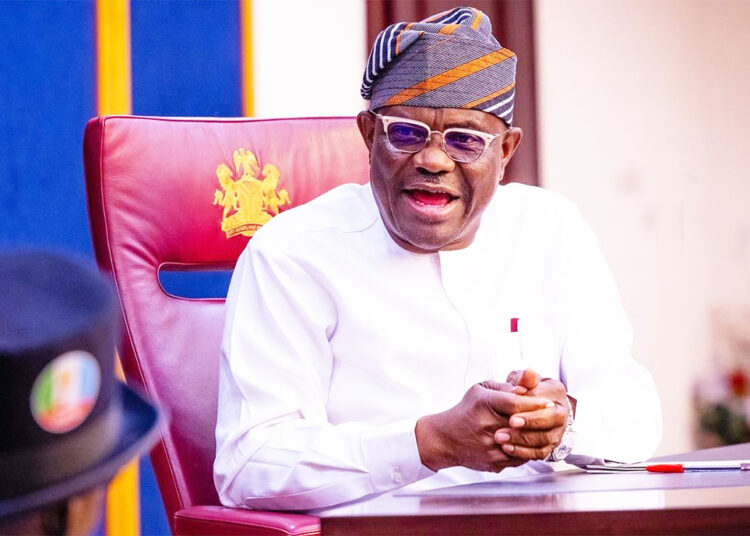As the political temperature in Nasarawa State gradually rises ahead of the 2027 governorship contest, political analysts are increasingly pointing to Dr. Muhammed Musa Maikaya as an emerging “consensus bridge” whose steady consultations are reshaping the state’s pre-election landscape in unexpected ways.
Though Maikaya has yet to make a formal declaration, the pattern of his engagements and the reactions trailing them have become subjects of analysis among scholars, journalists, political watchers, and even party elders within the All Progressives Congress (APC).
One of the arguments analysts repeatedly highlight is Maikaya’s ability to attract goodwill from constituencies that rarely align behind a single aspirant this early in the political cycle.
Public affairs analyst Ibrahim Dan-Musa describes him as “a unique political figure whose appeal cuts across demographics that typically move in different directions.”
“Maikaya is resonating with two powerful blocs women and youths while earning the confidence of elders. This triangular balance is unusual, especially when no official declaration has been made,” he notes.
For many analysts, it is this triangular base of support that hints at the making of a consensus figure.
Political observers say women’s organisations across Awe, Karu, Lafia, Keffi, and Nasarawa LGAs have grown increasingly vocal about their admiration for Maikaya. Their reasons vary from his humanitarian interventions to his reputation for supporting widows, orphans, and cooperative groups even outside election seasons.
A Keffi-based gender development researcher, Hauwa Isa, notes that women are becoming more politically assertive in Nasarawa, and they gravitate toward leaders who demonstrate accessibility and empathy.“Women see Maikaya as someone who listens. His visits are not transactional; he engages sincerely. Analysts would be wrong to underestimate the weight of this,” she says.
Beyond women, analysts highlight a stronger force the youths. Whether in Toto, Obi, Lafia, or Karu, youth coalitions have begun forming volunteer structures in anticipation of his possible entry into the race.
A political communication researcher at FULafia, Dr. Musa Akoshile, attributes the youth mobilisation to Maikaya’s “soft power.”“Young people are tired of aggressive politics. Maikaya’s calmness, modern thinking, and track record of community projects speak to them. That silent credibility is becoming loud,” he explains.
Social media trends, community town halls, and spontaneous youth solidarity meetings are becoming regular occurrences around his movements a fact analysts say cannot be ignored.
Political historians in the state point out that no governorship bid gains real traction without elders’ blessings. Interestingly, stakeholders in several local governments including traditional council members and senior party figures have privately and publicly encouraged Maikaya to “stay on the path.”
A retired civil servant and elder statesman from Awe, who preferred anonymity, describes him as “the calmest aspirant in the race so far.” “He consults with respect. He is not divisive. Elders are watching closely, and many are quietly leaning toward him,” he says.
Analysts note that elders’ openness toward a younger, less controversial aspirant is part of what strengthens the “consensus bridge” narrative.
Perhaps the most compelling aspect of the analyst debates is the manner in which Maikaya’s consultations are unfolding. Instead of the typical political spectacle, his engagements have been modest but deeply effective meeting stakeholders, visiting community leaders, and listening quietly.
Yet, after every visit, new volunteer groups emerge. New coordinators appear. Communities begin hosting solidarity meetings without prompting. Analysts say this organic structure-building is reminiscent of political movements that eventually shape primaries.
Dr. Nanfa Auta, a political sociologist, describes the pattern as “pre-consensus momentum.”
“He is becoming a comfortable middle ground — trusted by elders, embraced by youths, energised by women. This is how consensus candidates quietly form,” Auta explains.
Inside the APC, the field remains broad, with many aspirants testing their strengths. But analysts argue that few have been able to generate the type of grassroots-led momentum surrounding Maikaya.
His acceptability across the three senatorial zones pointing to a non-ethnic, non-sectional appeal is another factor scholars believe may influence internal party calculations as the primaries draw closer.
While 2027 is still some distance away, analysts broadly agree on one thing: Maikaya has secured a strategic position in the unfolding political equation. His cross-generational acceptance, modest style, and growing structure have placed him at the centre of discussions about possible consensus-building within the party.
For now, he remains on the consultation trail. But if the current pattern continues, analysts believe Nasarawa may soon witness the full emergence of a “consensus bridge” a candidate quietly connecting the old and new political order.





